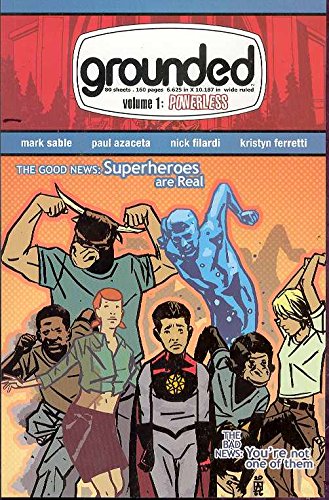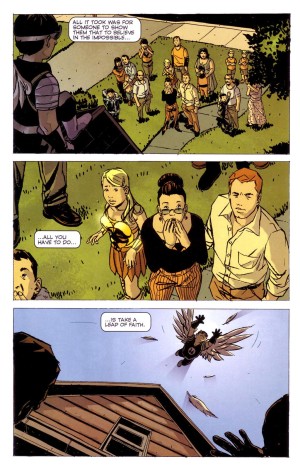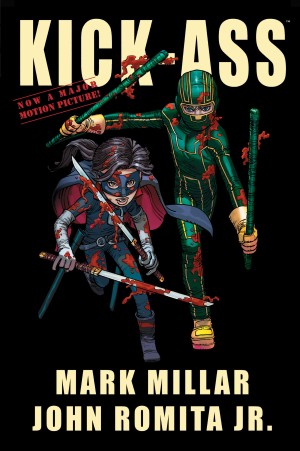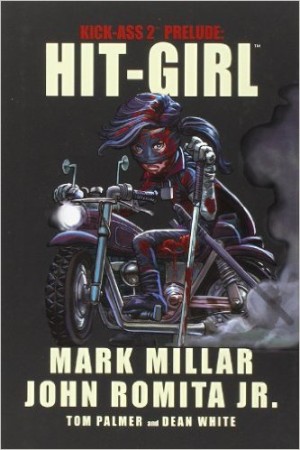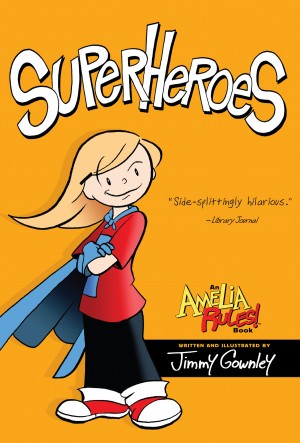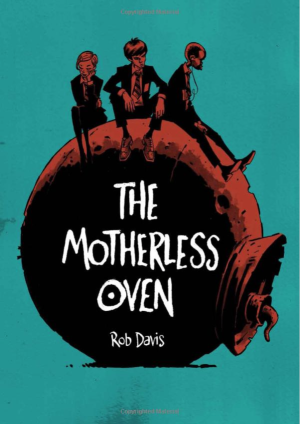Review by Ian Keogh
Spoilers in review
Mark Sable has constructed quite the clever premise for Grounded, but it’s not the kind of premise that can be adequately explained without some spoilers. Don’t read below the third paragraph if you’d rather avoid them. A brief review would be that Grounded begins as an inventive superhero pastiche, but runs out of steam long before the end.
Jonathan Shepherd is obsessed with superheroes, and from a very young age grows up convinced that all it takes is a little willpower and coaching and his own superpowers will develop. This flies in the face of all evidence to the contrary, a failure to spot what’s under his nose, and a near fatal leap from the roof of his house. He’s a likeable creation, more so than his nearest counterpart, Kick-Ass, reaches high school his beliefs intact, and that’s when Sable throws the curveball.
Despite this being drawn relatively early in his career, Paul Azaceta has already mastered the basics of comic storytelling, and can work in a number of different styles according to what’s required, be it standard superhero or an approximation of real life. His only real problem at this stage is a lack of definition about his faces, which are general purpose.
He doesn’t have any super powers of his own, but because he’s been so self-obsessed over the years what Jonathan’s failed to notice is that he’s surround by superheroes. His father’s one, and so is his best friend’s mother. And that high school he attends? It’s been set up specifically to cater for the children of superheroes who’re developing their own powers, and staffed by a lot of former villains as an alternative to jail. So whereas previously Jonathan stood out for his insane belief, in school he’s the anomaly for not having super powers.
The pastiche elements are scattered throughout, from references to famous superheroes to faked old comic sequences depicting the former exploits of the cast members introduced here. We also have logically amusing reasons for superhero happenings such as a hero able to isolate the flaw in anything being dumped by his team-mates for being unable to stop pointing out their flaws.
Everything is chugging along nicely until the midway point when we switch from vignettes to the main plot, at which point Grounded loses much of its charm. The remainder is like a Scooby-Doo episode, with a modicum of wit, and some inventive use of relatively minor super powers, but nowhere near as much fun as the opening section. This is because instead of being outside looking in on a superhero story with a knowing wink we’re being fed standard superhero content.
This is still well worth a read for the opening half if pulled out of a bargain bin, and there are plenty of cheap copies online.
